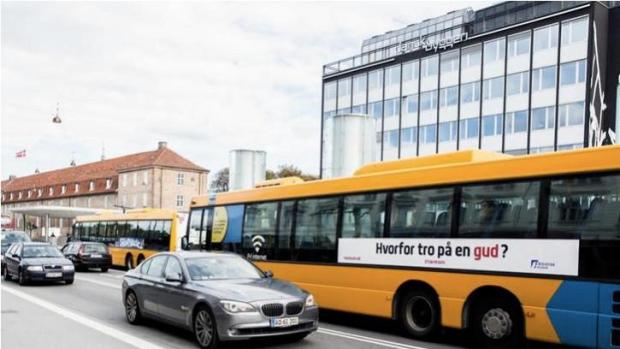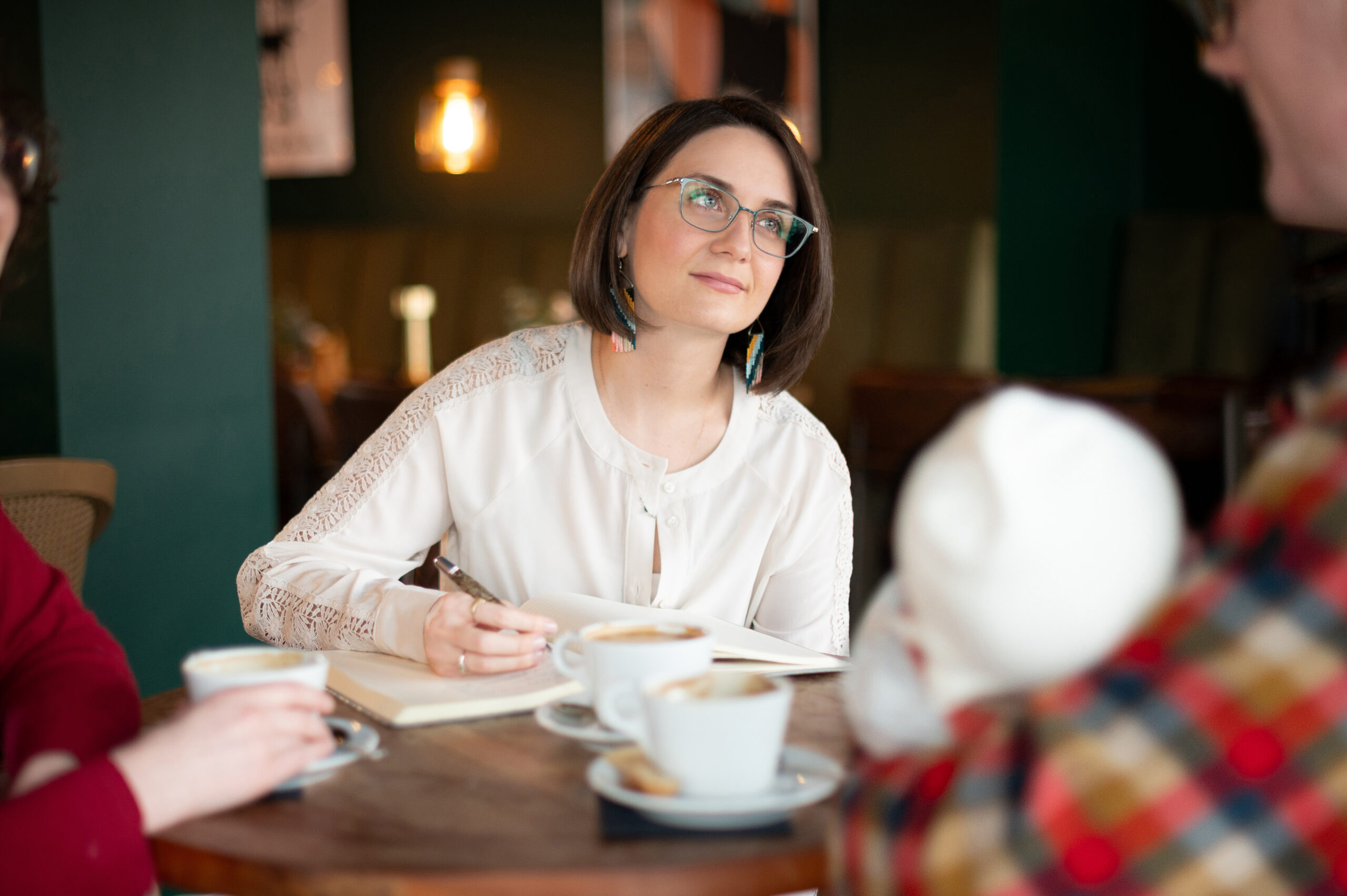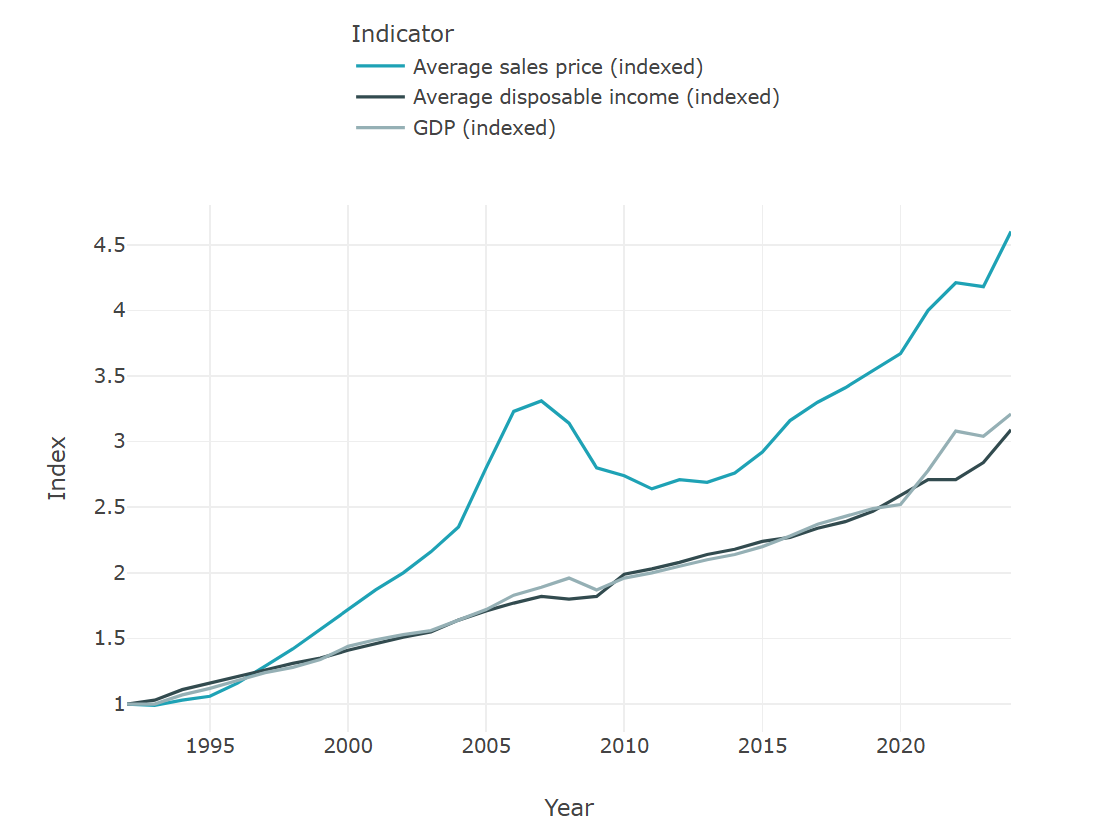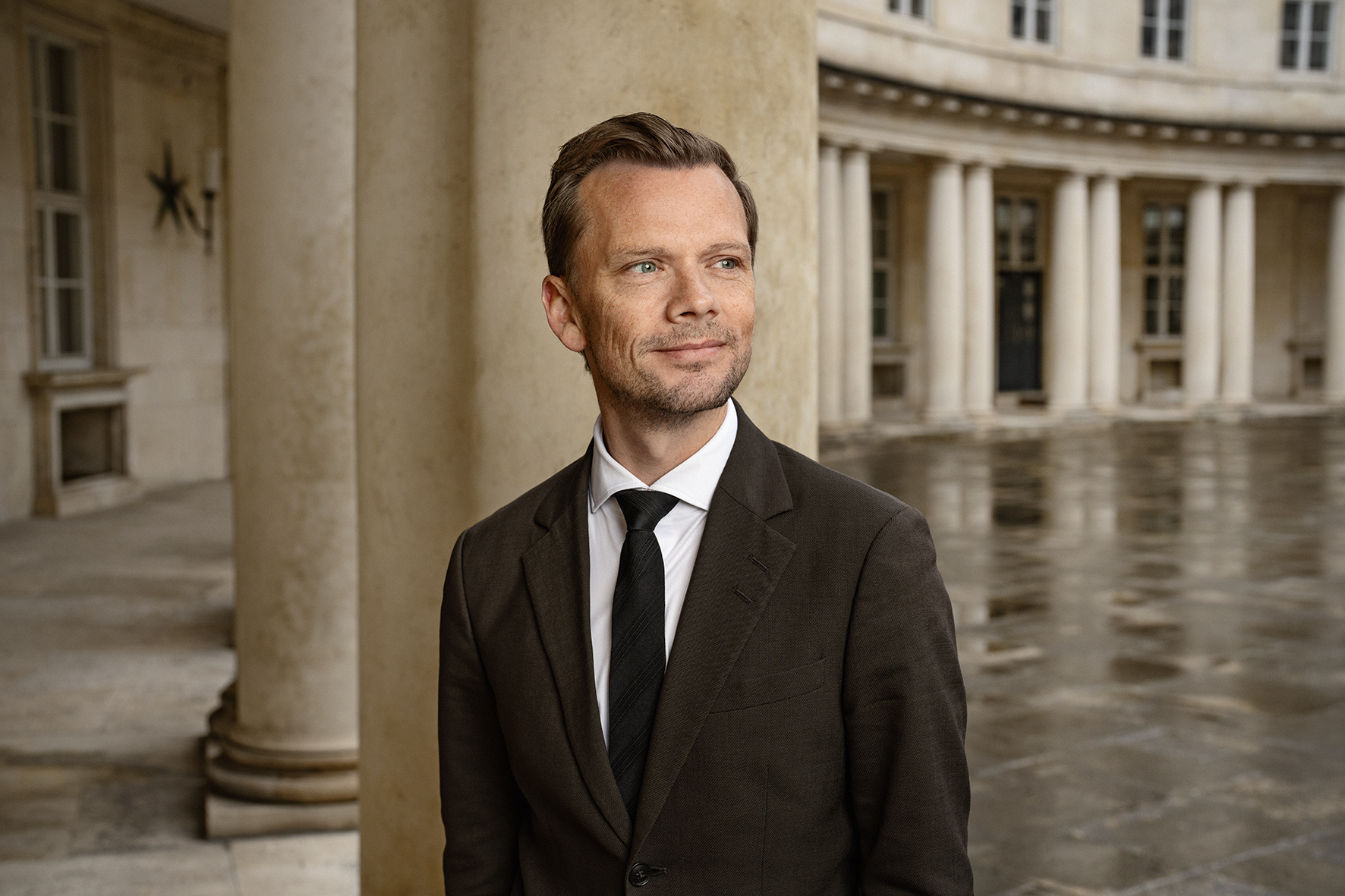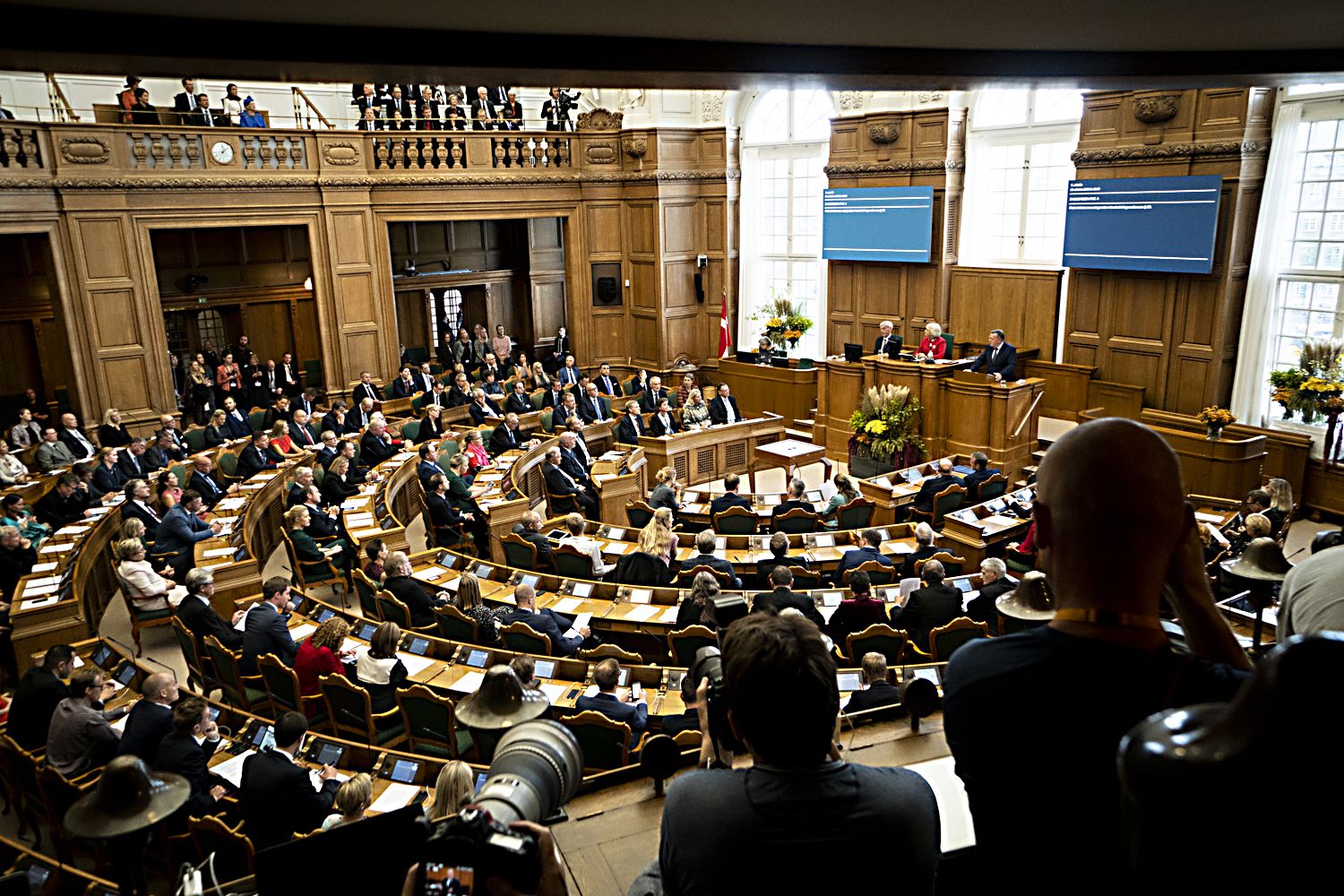Only 8,961 people opted to leave Folkekirken, the Danish National Church, in 2021 – the lowest number for 15 years, according to Danmarks Statistik.
In comparison, 24,728 people in Denmark left the church in 2016. At the time, the church blamed Ateistisk Selskab for making it easier for people to deregister.
As of January 1, 73.2 percent of the Danish population are members.
All internationals automatically become members when they start paying tax.
Fair old chunk over a lifetime
Many leave to save money on their taxes – an average 0.88 percent of their gross income – but often it can backfire, as it might leave families with a hefty bill for a funeral.
According to the national atheist society Ateistisk Selskab, the average person in Denmark pays 133,000 kroner in church tax over the course of their lifetime.
Folkekirken receives around 9 billion kroner a year from the state and its members.
Members need to opt out to stop paying the tax.
Bad points of view
Certainly, 2022 has already seen a number of negative stories about the church.
DR recently reported how the church has vetoed plans to build wind turbines on ten occasions since 2015.
It has the right to object to anything that might disrupt a view from a church, providing it is within 3 km.
Niels Vium, the official behind the decision, told media in 2015 that the “green wave is an excuse that wind turbine owners have used to generate money”, and that he sees it as his responsibility to prevent companies from capitalising on these initiatives.
Priests exercising their right to not marry LGBT couples
LGBT marriages have also been a contentious topic – again raised in a story from DR.
It reported how a new priest in Hedensted, Michael Henning Olesen Høj, has voiced his reluctance to marry members of the LGBT community, despite the 2012 law permitting the unions in a church.
According to DR, around 20 percent of priests in Denmark have refused to officiate at LGBT weddings. The law permits this, as a clause states that priests can refuse to officiate for theological reasons.
“I think it is state-sanctioned discrimination, and I do not think that belongs in Denmark,” Susanne Branner Jespersen from LGBT+ Danmark told DR.

